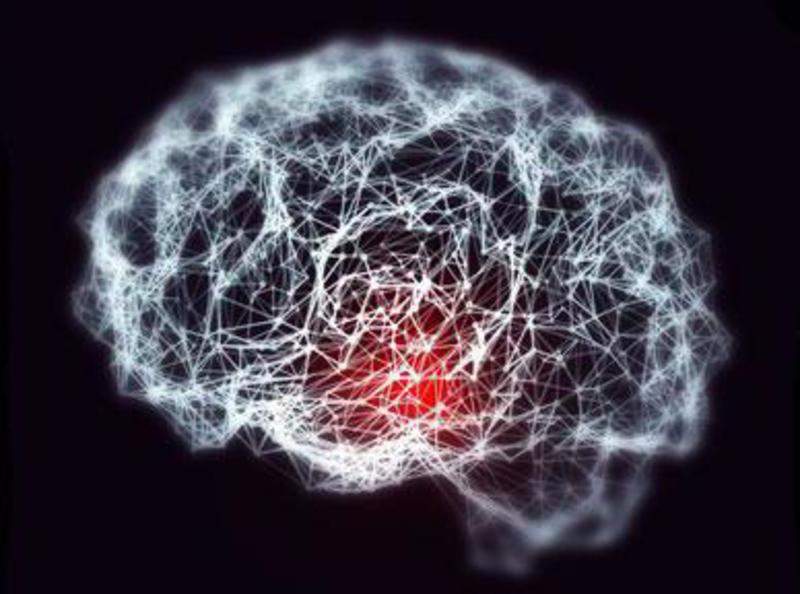
An international research team has developed a new method that addresses the cause of Alzheimer’s disease by targeting toxic particles responsible for death of healthy brain cells.
The team, which comprises of researchers from the University of Cambridge in the UK and Sweden’s Lund University, expects the new approach to help in the development of new dementia medications.

Discover B2B Marketing That Performs
Combine business intelligence and editorial excellence to reach engaged professionals across 36 leading media platforms.
During the research, the team identified abnormal deposits called protein oligomers as the most likely reason for the development of dementia.
The proteins normally participate in cell processes. However, in Alzheimer’s patients, they were found to become faulty, cause the formation of clumps and destroy healthy nerve cells.
University of Cambridge Chemistry department professor Michele Vendruscolo said: “This is the first time that a systematic method to go after the pathogens – the cause of Alzheimer’s disease – has been proposed.
“As the pathogens have now been identified as small clumps of proteins known as oligomers, we have been able to develop a strategy to aim drugs at these toxic particles.”

US Tariffs are shifting - will you react or anticipate?
Don’t let policy changes catch you off guard. Stay proactive with real-time data and expert analysis.
By GlobalDataThe researchers believe that the new approach will facilitate systematic development of compounds to target these toxic protein oligomers.
Vendruscolo added: “Our research is based on the major conceptual step of identifying protein oligomers as the pathogens and reports a method to systematically develop compounds to target them. This approach enables a new drug discovery strategy.”
The team estimates that the first drug candidates based on their new approach will enter clinical trials in about two years.
Furthermore, the researchers have co-founded a biotechnology company called Wren Therapeutics, which will focus on advancing the ideas developed at Cambridge into new techniques to diagnose and treat misfolding disorders, including Alzheimer’s.




